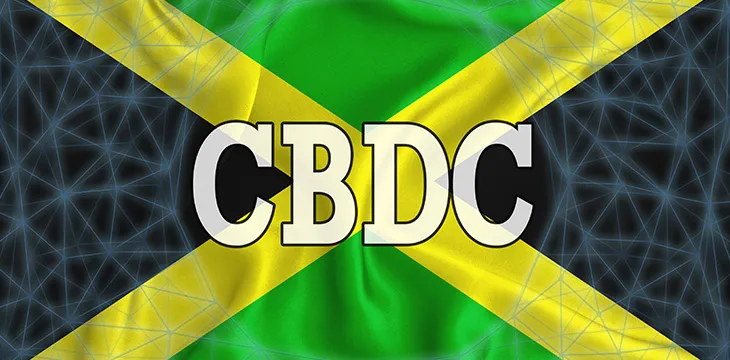|
Getting your Trinity Audio player ready...
|
Nearly three in four Jamaicans will be using a central bank digital currency (CBDC) in Jamaica, the country’s prime minister believes. In a recent interview, Prime Minister Andrew Holness said the CBDC would not only reduce banking costs and boost government accountability and transparency, it would also boost financial inclusion in the Caribbean country.
Jamaica has been among the global leaders in CBDC development, in line with the rapid pace that Caribbean countries have set in this sector. As CoinGeek reported two weeks ago, the country announced that it had successfully completed its CBDC pilot and had scheduled the national rollout for the first quarter of 2022.
According to Holness, more than 70% of the Jamaican population will be using the upcoming CBDC within the next five years. In an interview with Bloomberg, Holness said that the CBDC would drastically cut down the country’s banking charges. It will also promote greater government accountability as it will make it easier to track public resources.
The Prime Minister, who has been in power since 2016 and is the youngest person to hold the position, also told Bloomberg that the upcoming CBDC would also boost financial inclusion in Jamaica. The country’s formal banking services have eluded many, with one report claiming the number of under- or unbanked is as high as 70%.
In stark contrast, about 95% of Jamaican households have access to a mobile phone. Suppose the Bank of Jamaica makes the CBDC available through mobile phones. In that case, it will be accessible to virtually the entire population and could potentially bring the whole of Jamaica into the formal banking system, putting the country at par with developed economies, including the United States and the United Kingdom.
The prime minister conceded that they are bracing for the potential challenges when the state-backed digital currency launches. For instance, the CBDC will be available via Internet-connected smartphones, which means the government needs to make sure that everyone in country will have access to digital devices.
“There will be some initial challenges. We have to figure out how to give people access to digital devices and the internet in general,” Holness said.
After a significant dip in economic growth due to the pandemic, the prime minister said that Jamaica’s economy is recovering fast. Tourism, one of the backbones of the country’s economy, has bounced back by 70%, according to Holness, even though the Omicron variant has dealt the sector a fresh blow. The upcoming CBDC could play a pivotal role in this bounce-back.
To learn more about central bank digital currencies and some of the design decisions that need to be considered when creating and launching it, read nChain’s CBDC playbook.
Watch: CoinGeek New York presentation, The Path to BitCoin Adoption: How to Turn the Entire Web into Bitcoin Apps

 06-30-2025
06-30-2025 





